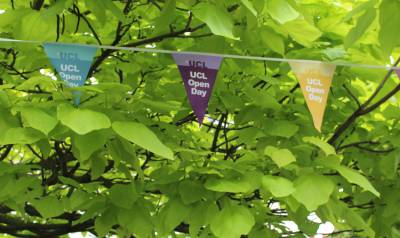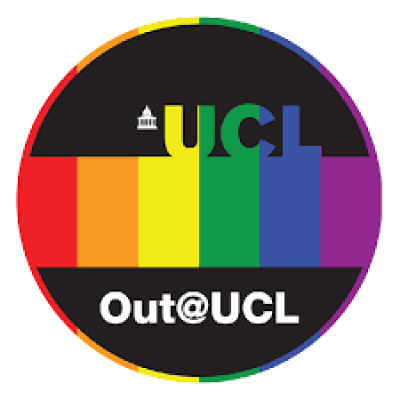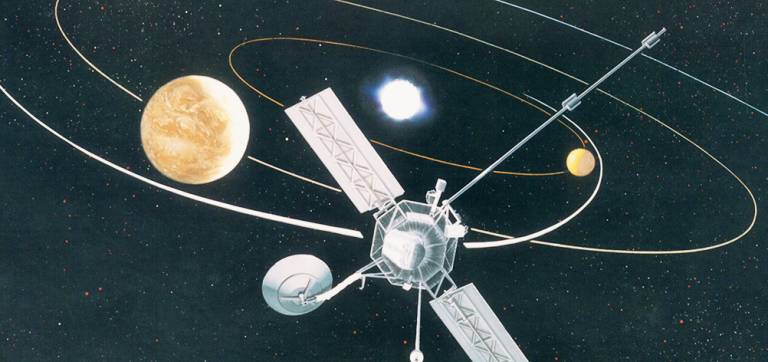LCN celebrates ten years of big nano-achievements at UCL
4 October 2016
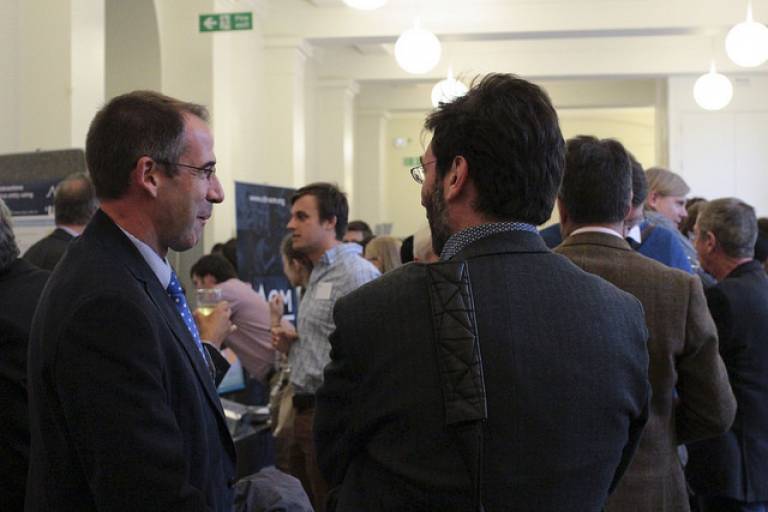
Researchers and collaborators recently celebrated the work of the London Centre for Nanotechnology (LCN) at a symposium held in honour of the tenth anniversary of its opening.
The centre brings together scientists from UCL and Imperial College London to probe the natural world, and develop new technologies, at scales measured in billionths of a metre. The researchers are particularly focused on using nanotechnology to improve healthcare, information technology, energy and the environment.
At the event on 23 September 2016, a line-up of VIPs from academia, government, and industry praised the Centre's ongoing success in a variety of disciplines. Philip Nelson (Chief Executive of EPSRC) praised the centre as an example of cooperation between leading research universities and an opportunity to make the very best use of high-value equipment, while James Stirling (Provost of Imperial) and David Price (Vice-Provost for Research at UCL) commented on the impressive research record of the LCN's interdisciplinary community.
Discoveries from researchers at the Centre include engineering a new generation of early-warning sensing systems to identify disease outbreaks by using self-reported symptoms on the web and mobile phone-connected diagnostic tests; progress in quantum technologies that could revolutionize applications in electronics, computer science and communications and the design of novel bioactive scaffolds for use in tissue regeneration. "By combining the fantastic range of expertise at the LCN, new integrated systems are emerging that offer real societal benefits." said Milo Shaffer, Professor of Materials Chemistry and Imperial LCN co-director.
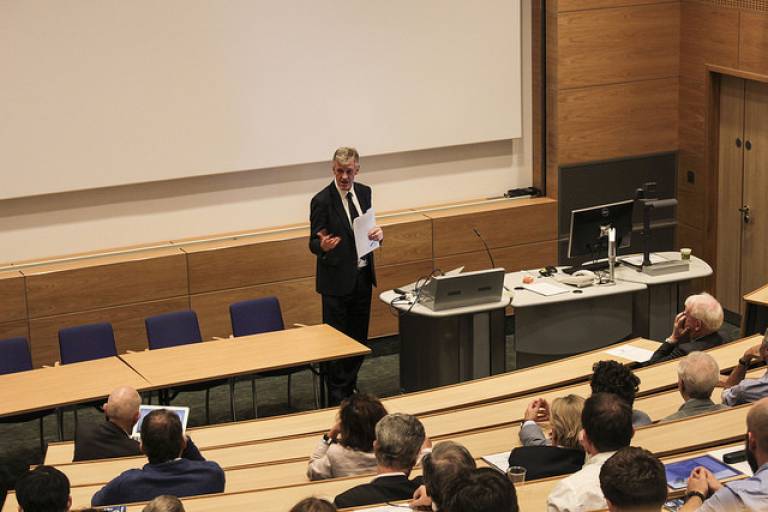
Researchers at the LCN hope to build on these and other successes with commercial products in the coming years. They have won significant investment for their work from research councils, the industrial sector and private sources. Going forward, UCL, and Imperial will collaborate to harness the talent and resources from both institutions, to project the LCN as a world-leading influence in the field of nanotechnology, and to contribute to the success of London as a city of scientific excellence.
"It was tremendous to celebrate the many successes of the LCN community as we mark our tenth birthday" said Professor Andrew Fisher, Professor of Physics and UCL LCN co-director.
UCL and Imperial have worked together in the Centre to harness expertise across medicine, materials, chemistry, physics, electrical and electronic engineering, and earth sciences. The LCN's impressive output has made a significant contribution to helping people to start to understand what this exciting area of research is capable of delivering, leading to the expansion of the nanotechnology field in its own right.
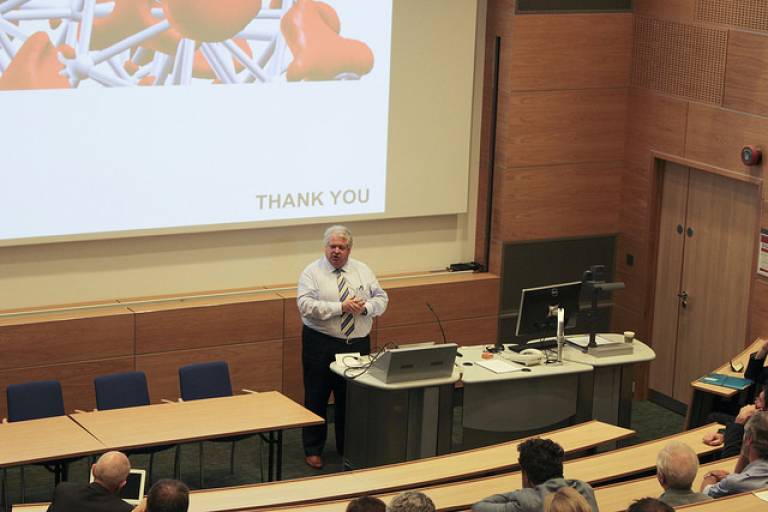
The work of some of the researchers across the LCN was captured in a short film that was showcased at the event.
 Close
Close


